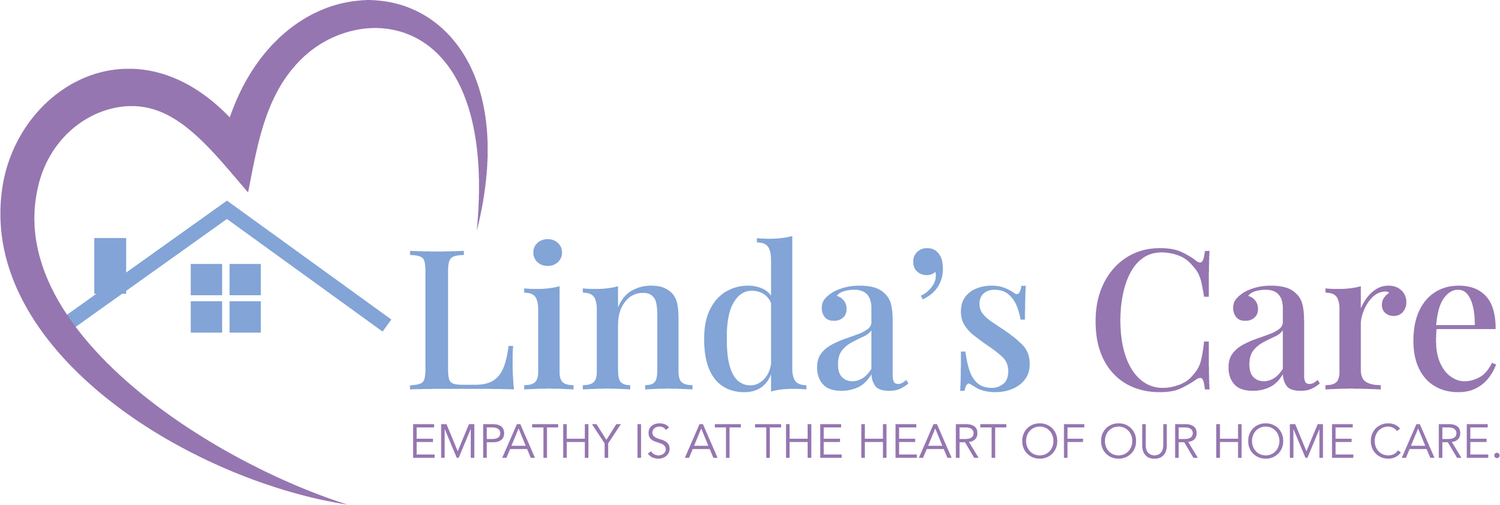Helping Seniors Avoid Online Scams
Older generations are some of the most vulnerable regarding scams and navigating the digital landscape. They may not be as familiar with technology, and they can be easy targets for scammers. This blog post will discuss some tips to help older generations avoid scams and navigate the digital landscape safely. We will also provide resources for further information.
According to the National Council on Aging, seniors are more likely to hand over their personal information to scammers than any other age group. This is because they may not be as familiar with technology, and they can be easily tricked into thinking that a scammer is legit.
On top of everything else, seniors usually have savings, housing, and credit scores that are favorable. Scammers often target the elderly, but we can take steps to protect them.
Here are a few tips for keeping older adults safe online.
5 Tips to Avoid Internet Scams for Seniors
Knowledge is Power: The more information seniors have about the different scams out there, the less likely they are to fall for them. Be sure to talk to your parents or grandparents about the various scams and explain how scammers try to take advantage of people.
Watch out for these common occurrences:
A scammer will contact an older person through email/phone/social media and say that they are from a popular company. They usually try to convince an older adult that one of their accounts has been hacked or locked out. They will tell the seniors to click a link to fix it. This is not a legitimate service, and the scammer is only trying to steal your personal
Typically, the following information is requested:
Credit card numbers
Bank information
Full name
Social security number
Address
Passwords
Make Yourself Available
The ability to serve as a reference for older adults who are uncertain about the credibility of a website is a reasonable solution to uncertainty. Being interrupted by a telephone call or a question is preferable to a loved one giving away their identity and information through a scam. Make yourself available to answer any questions about digital safety for seniors.
Start with Security
Create a Strong Password
Passwords should be strong to prevent scammers from getting in. Almost all websites estimate the strength of your password when you create an account. It’s important to choose a strong password. Hackers and scammers with usernames and email addresses are less likely to guess strong passwords.
Make Your Passwords Different
Having a different password for each of your accounts is another great tip. It sounds tedious to remember multiple strong passwords when it is so easy to have a single strong password that you can use on many different sites. However, If a hacker or scammer figured out that one password, then all of your information on every site that used that password would now be corrupt. You are better off starting with more than one strong password than having your information stolen!
Write Down Your Passwords
Taking the time to sit down with older adults when they register for websites can be extremely helpful. Once you and the account holder know the information, you can record it safely and securely. You can also rest assured that your login credentials and password are secure.
Have patience
There is a possibility that older people feel frustrated when things go wrong on the internet. The internet can seem like an unfamiliar environment, leaving them feeling lost, helpless, and uneducated. You can make seniors feel more confident by showing them how to use a website, app, or create an account. It’s also a good idea to write down instructions on using certain websites and evaluate information.
Hope for the best, prepare for the worst
Being aware of what to do if a scam occurs is crucial for staying safe. Although fraud can still happen, knowing what to do if it does is reassuring. Knowing what action to take calms negative emotions that can arise in stressful situations because confusion and anxiety are the sources of uncertainty. Preparing for the worst-case scenario and hoping it never materializes is always better than being blindsided by a scam!
What to Do If You’ve Been Scammed
If you or someone you know has been scammed, online resources are available to assist. The Federal Trade Commission provides information on what you should do if you have been scammed on sites such as What to do if You Were Scammed.
If you paid a scammer:
You can contact your bank or credit card company.
If you believe a transaction was fraudulent, you can contact your bank to report it and potentially receive a reimbursement. Your bank may also place a hold on your card and issue you a new one to prevent further fraudulent charges from being made under your name.
If you gave a scammer your Social Security number:
Go to IdentityTheft.gov to report it.
It may be necessary to monitor your credit, and you can follow instructions on this site.
If you gave a scammer your passwords:
Make sure to reset the passwords for any websites on which you use your password. Ensure that the password is unique and strong.
Resources for Senior Support from AHHC
Keeping seniors safe involves more than just keeping them physically secure. Educating your family about the dangers of the internet is the first step to ensuring that they are using safe online practices.
Regardless of the level of assistance required, our caregivers are prepared to assist your loved ones. We strive to keep the health and safety of your loved ones at heart. We would be happy to assist you with arranging assistance for an elderly loved one. Contact Linda’s care home care for assistance
